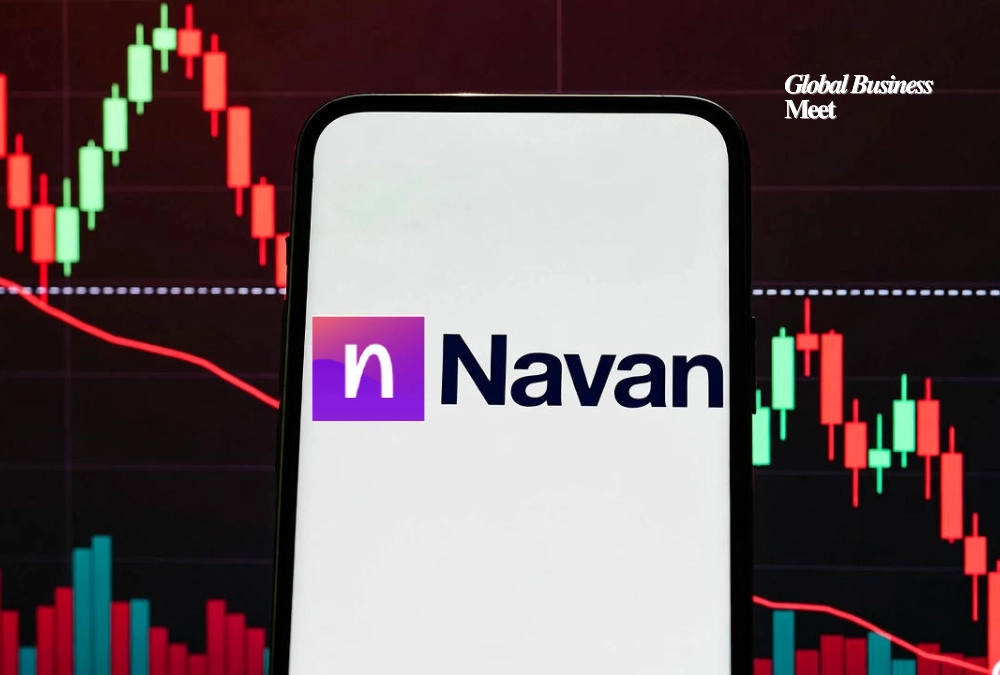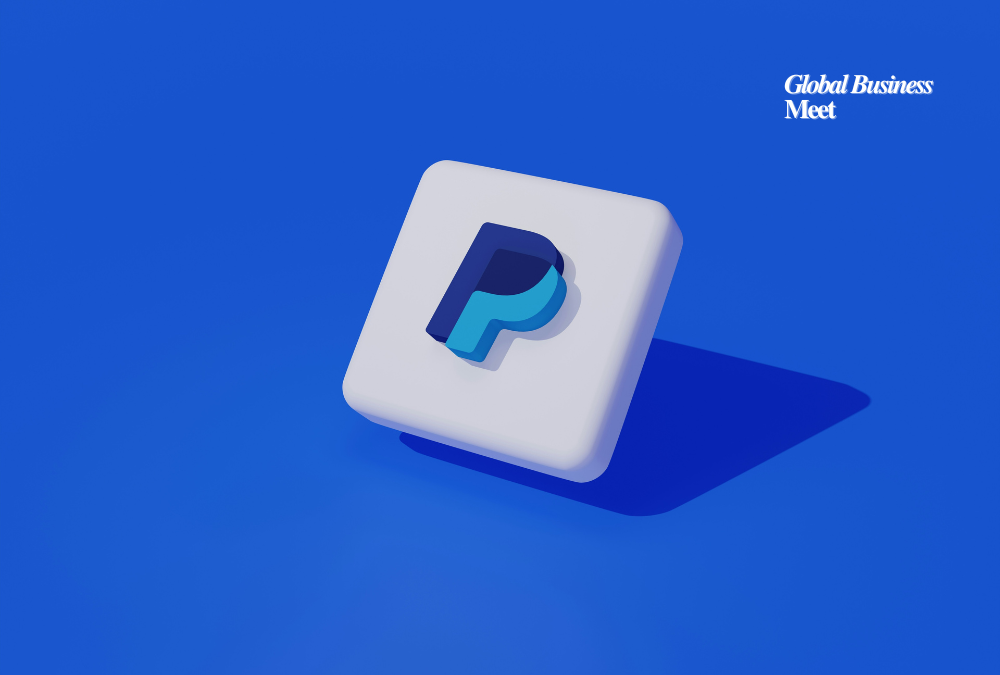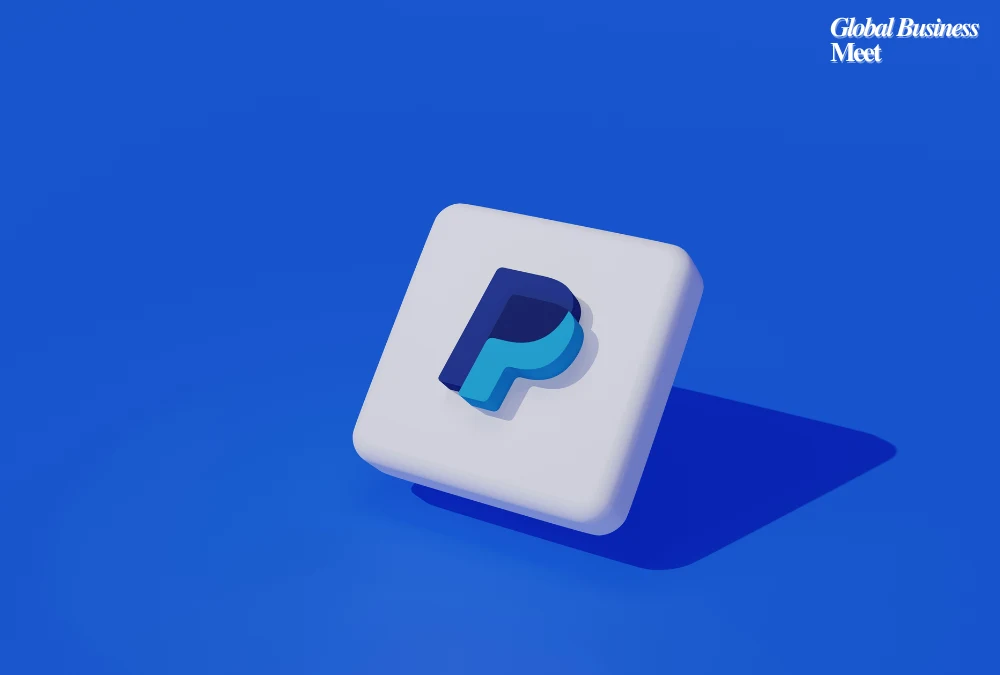
In a turbulent month for the fintech sector, Block Inc. (formerly Square) lost a staggering 28% of its stock price in February, leading the pack in a broader sell-off in the sector. The precipitous fall has caused eyebrows to be raised about the viability of fintech firms, especially in the aftermath of heightened competition, inflation, and ongoing uncertainty of the global economy. The performance of its rival Stripe, still set to enjoy the advantage of being private with a healthy bottom line and long-term focus as a leading fintech firm, stands in stark contrast to Block’s February fall.
Block’s Troubles in the Face of Market Volatility
Among the reasons Block’s decline drastically are investor skepticism of the fintech industry in general, profitability, and market saturation. The company is founded by CEO Jack Dorsey and is known for a portfolio of products ranging from Square, Tidal, to Cash App. These offerings have radically transformed the way customers and businesses gain access to financial products. However, the company has struggled to maintain its growth trajectory against a poor economic environment. Fintech share purchases are growing more cautious owing to rising rates of inflation as well as unsettled economic fortunes. This breeds concern regarding whether fintech models based on immense growth and scalability are sustainable for the long run. Today, investors are more concerned with understanding if fintech firms like Block can expand in a more competitive and cost-conscious climate.
Block’s decision to bet big on Bitcoin products through its Cash App platform has also spooked investors. On account of its greater exposure to risk through Bitcoin’s price fluctuation and lack of clarity in the regulatory environment of cryptocurrencies, Block’s stock performance has lagged behind. The increasing competition in payments and digital wallets by new and old financial institutions is also jeopardizing Block’s market position ever more.
Stripe’s Strategy Pays Off
The massive payments processor Stripe has endured worse than Block in spite of the chaos. Free from the vagaries of market sentiment and the requirement of quarterly earnings projections, Stripe’s private status—albeit not being listed on the stock exchange—has enabled it to keep a steadier longer-term course. Brother co-founders Patrick and John Collison at Stripe have adhered to a longer-term horizon and growth at all costs in the past, in contrast with more short-sighted public fintechs like Block. The reasons for Stripe’s success include making conscious efforts towards developing the full payments stack within reach for any size or sector of businesses. Stripe’s best-selling product, employed to settle companies’ online payments, has expanded tremendously quickly due to its strong capabilities and ease of use. Having ridden the rising tides of online payments and online commerce, Stripe is a leading contender among online payment solutions for international companies.
Fintech’s Future in a Changing Market
The varying performances of Block and Stripe indicate the opportunities and challenges of fintech firms in the current market. In spite of its spectacular recent advancement, the fintech sector is currently facing challenges such as inflation, increasing interest rates, and ambiguous regulations. Firms such as Block, which have significant holdings in cryptocurrencies and market swings, are more exposed to such movements, but Stripe, being more private and conservative, is capable of withstanding market fluctuations better.





































